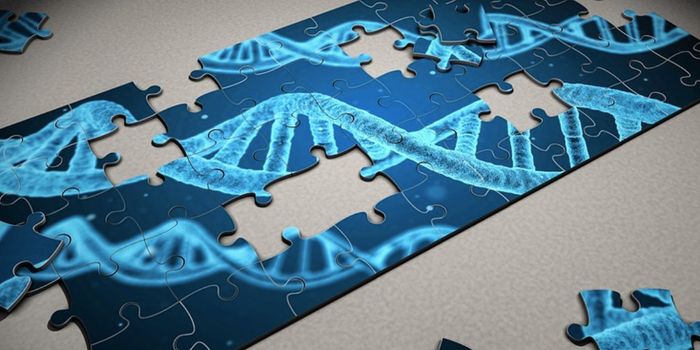One in 500 Men Carry an Extra Sex Chromosome
Humans carry 46 chromosomes. We get one from each parent, making 22 pairs of autosomal chromosomes, and one pair of sex chromosomes. Women usually carry two X (sex) chromosomes, while men typically carry an X and a Y (sex) chromosome. But there are other possibilities when it comes to sex chromosomes, and new research reported in Genetics in Medicine has shown that it may be more common than we think for people to carry an extra sex chromosome.
Researchers assessed data from the UK Biobank, including genetic and health information for tens of thousands of men in the UK between the ages of 40 and 70. This showed that 356 men, or about one in 500, carried either an additional X or an additional Y chromosome; 213 had an extra X chromosome, while 143 had an extra Y chromosome. Not many of these individuals were aware of it, with only 23 percent of XXY men and 0.7 percent of XYY men self-reporting a diagnosis.
The biological consequences of that extra chromosome may be mild, and it can go completely unnoticed without a genetic test. When men have an extra X chromosome, they might go through puberty later or have infertility issues, but most won't know they have an extra chromosome. An additional Y chromosome is even more mild; men with an extra Y tend to be taller when they are boys and into adulthood, but there is no other characteristic that can indicate the genetic difference.
In this study, the researchers were also able to analyze the corresponding health data. The investigators found that XXY men are four times as likely to have fertility issues, and significantly lower circulating testosterone. Reproduction seemed to be normal in XYY men.
But when men were either XXY or XYY, their risks of several disorders increased. Men with either extra sex chromosome were three times more likely to have type 2 diabetes, venous thrombosis was six times more likely, chronic obstructive pulmonary disease (COPD) was four times as likely, and pulmonary embolism was three times more likely to occur.
The researchers noted that we don't yet know why an extra chromosome can raise the risk of disease, or why it can happen regardless of which sex chromosome was duplicated.
"Genetic testing can detect chromosomal abnormalities fairly easily, so it might be helpful if XXY and XYY were more widely tested for in men who present to their doctor with a relevant health concern," said co-senior study author Professor Ken Ong of the MRC Epidemiology Unit at Cambridge. More work will be needed to see whether such testing would be beneficial, Ong added.
Previous work has suggested that about one in 1,000 females carry an extra X chromosome, which may cause cognitive difficulties, delayed language development and accelerated growth until puberty.
Sources: University of Cambridge, Genetics in Medicine









